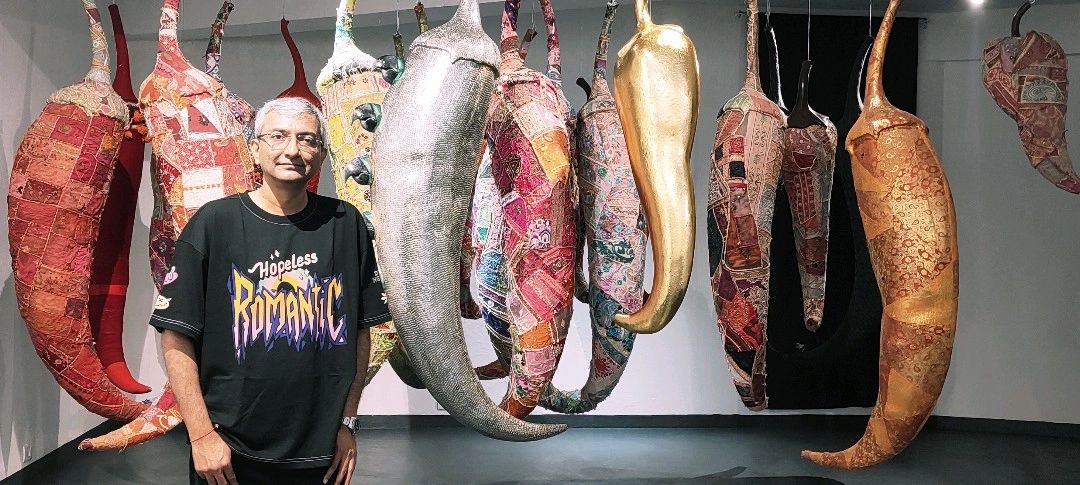
We modern humans suffer from a peculiar disease: the incurable belief that happiness hides behind the next acquisition.
If only we had more money, more fame, more followers, more abs, more shoes, more likes, more… whatever. “More” is the magic word, whispered by advertisers, echoed by our neighbours, and tattooed onto our very ambitions.
The tragedy is not that we chase it. The tragedy is that we actually catch it and then discover it is hollow.
– You buy the latest gadget, and within a week it looks like yesterday’s relic.
– You earn the promotion, and discover the corner office has the same view of the same traffic jam.
– You post the holiday picture, and instantly feel cheated because someone else’s sunset looked better.
George Bernard Shaw once said, “There are two tragedies in life. One is not to get your heart’s desire. The other is to get it.” More, you see, is the second tragedy.
The irony of “more” is delicious.
The man who wants more money soon finds he has less time.
The woman who wants more followers discovers she has fewer friends.
The family that wants a bigger house realizes their laughter now echoes in empty rooms.
In chasing more, we end up with less of what matters.
And yet, we persist. We are told contentment is laziness, ambition is virtue, and satisfaction is for saints.
“Set bigger goals,” the world screams.
“Dream higher. Hustle harder. Scale faster.”
Nobody dares whisper the scandalous truth:
enough is a superpower.
Imagine the audacity of saying, “I have enough.” Enough love, enough laughter, enough food on the table, enough money to sleep peacefully at night. You won’t trend on Twitter for it. CNBC won’t run your story.
But you will, for once, know the rarest luxury in the world: peace of mind.
The myth of more keeps us running in circles, applauded by equally dizzy spectators.
But ask yourself:
– Are you richer because you bought more things, or because you needed fewer?
– Are you more alive because you collected experiences like stamps, or because you finally sat still and let one experience soak in?
Progress is not about piling more bricks; it’s about building better walls.
A life well-lived is not measured by additions but by subtractions – of clutter, of noise, of compulsions.
It is not about what else you can grab, but about what you can gracefully let go.
So here’s a heretical suggestion:
stop worshipping at the altar of More.
Try the radical, revolutionary idea of Enough.
You may find that what you were frantically searching for has been sitting quietly beside you all along, waiting to be noticed.
After all, history rarely remembers the man who had more; it remembers the one who had meaning.
